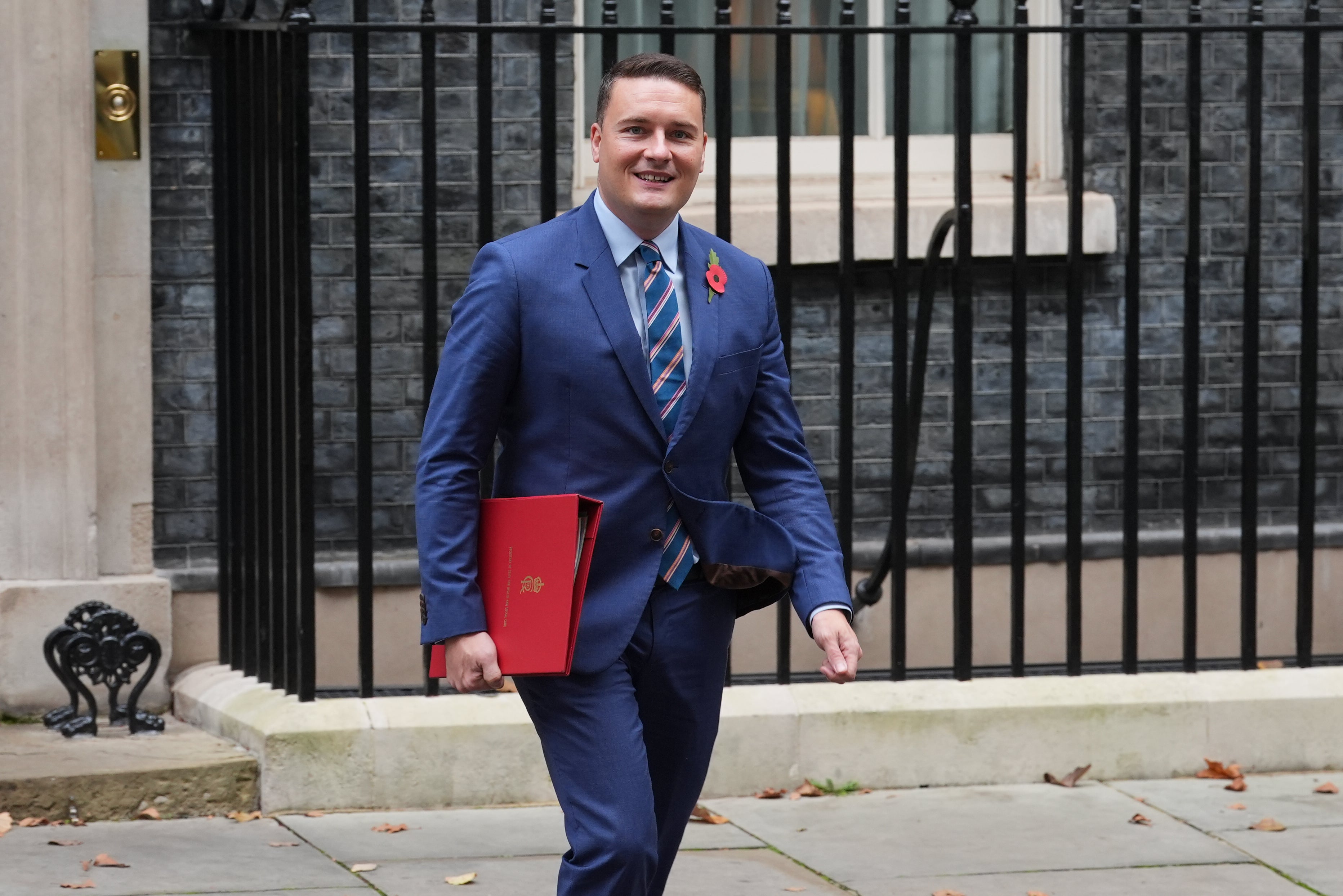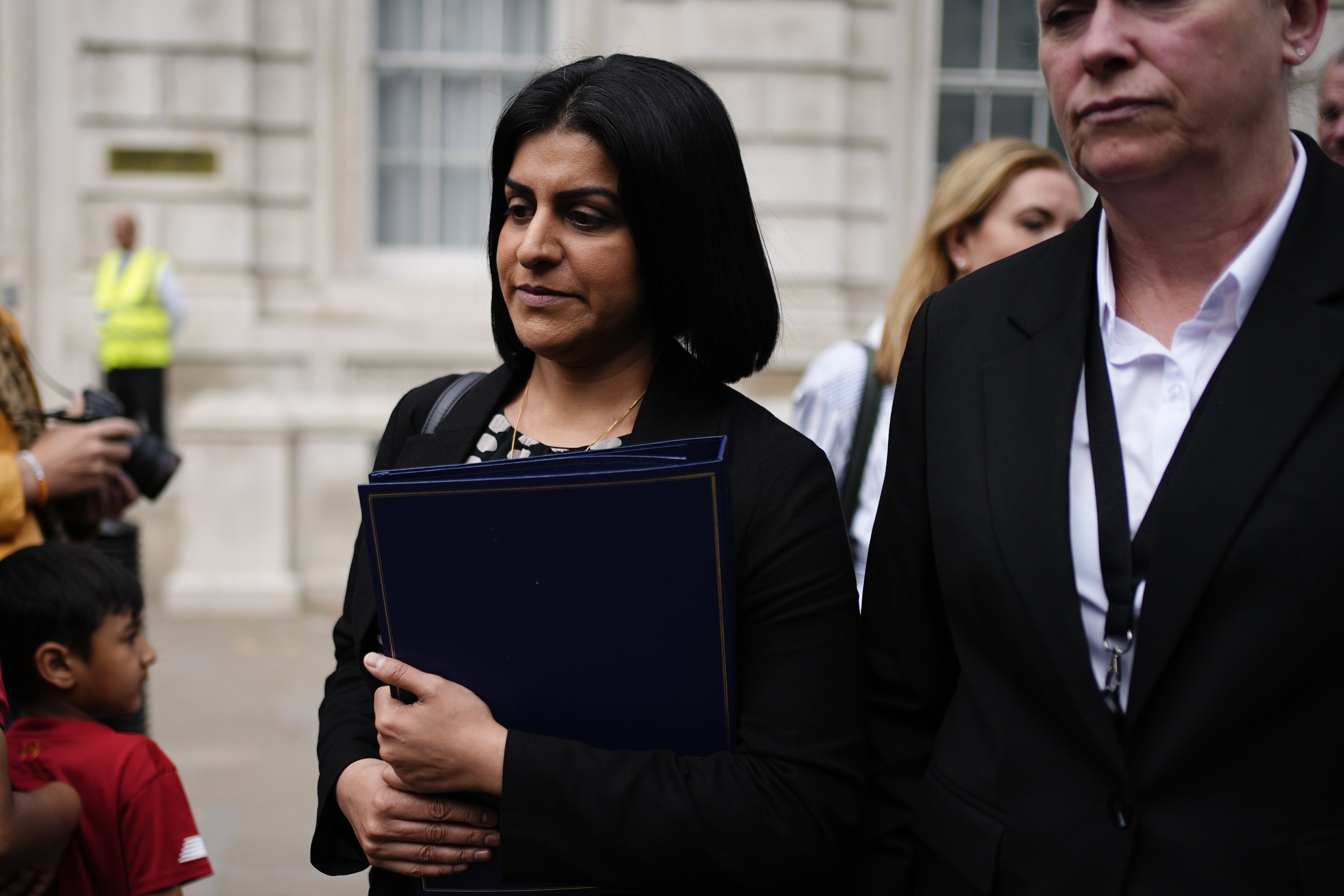Parliament will vote on an assisted dying bill tomorrow for the first time in nearly a decade.
Labour MP Kim Leadbeater proposed the Private Members Bill in mid-October, which will legalise assisted death under certain conditions for terminally ill adults in England and Wales.
The bill would apply to those who are over 18 years old, have mental capacity, and have six months left to live, with the consent of two medical professionals.
The bill has generated strong opinions from both sides of the assisted dying movement, while even some of those in favour have voiced concerns over the lack of safeguarding in the bill.
A group of MPs have also pushed an amendment which may stop the bill from progressing to a vote this week.
The Independent analysed public statements from all 650 MPs, in addition to news reports and other available information, to find which MPs will likely vote for or against the assisted dying bill this week. The analysis will be updated as more MPs come forward.
The bill is open to a “free vote”, meaning that the party whips will not dictate whether to support or oppose the bill. Individual MPs are free to vote based on their own values and opinions of their constituents, regardless of whether they are Labour, Tory, or otherwise.
Note: the voting intention of MPs is not final until the votes have been cast on Friday. As this is a sensitive issue, many MPs are still deciding and some could change their mind from previous positions.
Our updated analysis has found that at least 104 MPs are likely to vote in favour of the bill, while at least 97 are likely to vote against it.
Dozens of MPs have come out in the last few days alone in support or criticism of the bill, as political heavyweights on either side of the debate have published their thoughts in the papers.
Some 477 MPs have either not made their opinion on assisted dying public, said they are still weighing up both possibilities or said they will abstain from the vote.
Taking this into consideration, it will be difficult to say exactly whether the vote will pass. There is a significant degree of “unknown”, particularly among first-time MPs who are facing the issue for the first time.
When including assumptions of how MPs might vote based on positions in the 2015 bill and previous statements, approximately 212 MPs may support the bill and 209 may vote against it, with the rest unknown.
Meanwhile, when also including voting intentions shared privately off-record, The Times reports that 265 MPs are planning to vote for the assisted dying bill, and 217 plan to vote against it.
Both our analysis and The Times’ analysis indicate that slightly more MPs are leaning in favour of the assisted dying bill than not.
Within the parties, our analysis found MPs are divided between voting for and against the bill, according to public declarations, reports, and working group memberships.
Labour MPs are more likely than Tories to lean towards supporting the assisted dying bill, which was proposed by a fellow Labour MP.
However, influential Labour figure Gordon Brown penned an op-ed in opposition of assisted dying, which has been shared by several Labour MPs.
At present, an estimated 66 Labour MPs will support the bill, while 55 will vote against it.
Among those against the bill are some of Labour’s most prominent members, including health secretary Wes Streeting, and long-standing MP Diane Abbott.

Conservative MPs are more likely to vote against the bill, while only a third (at least 12 MPs) so far are likely to support assisted dying, including Kit Malthouse and former medical practitioner Neil Shastri-Hurst.
In the final hour, both former Tory PM David Cameron and former health secretary Matt Hancock have come out in support of assisted dying legislation, as revealed by The Independent, and urged other MPs to join in support.
Lib Dem leader Ed Davey, whose son was born severely disabled and whose wife has MS, has said he will not back the assisted dying bill. Meanwhile, 19 of his fellow party members are likely to vote in favour.
Even in smaller parties like Reform, the decision is highly individual. While leader Nigel Farage is against assisted dying, saying it “gives him the shivers”, deputy leader Richard Tice has come out strongly in favour, an Rupert Lowe said he will vote in favour following a mock “referendum” of constituents.
“We should be brave enough to try assisted dying,” Mr Tice said on Jeremy Kyle earlier this month.

Several MPs voting against assisted dying have said they will do so due to the bill feeling “rushed”, and lack of adequate consultation over safeguarding.
Others have warned of possible coercion as a reason they will not support the bill, including North Northumberland MP David Smith.
In addition, some have cited moral or religious reasons as part of their decision, such as Muslim MP and justice secretary Shabana Mahmood and Christian MP Rachael Maskell.
Lord Falconer has come under fire for criticising Ms Mahmood, saying that her religious beliefs “shouldn’t be imposed on everybody else”.
Meanwhile, Tory MP Danny Kruger — an evangelical Christian who has been a vocal campaigner against assisted dying — is under investigation for his role in a parliamentary group called “Dying Well”, which received £55,000 from lobbyists.







